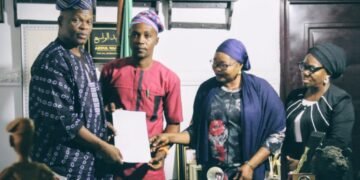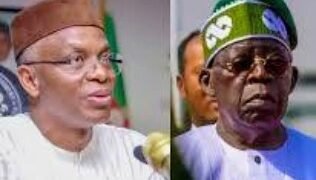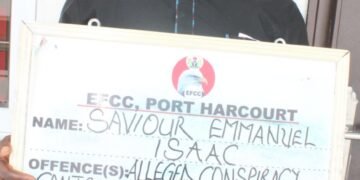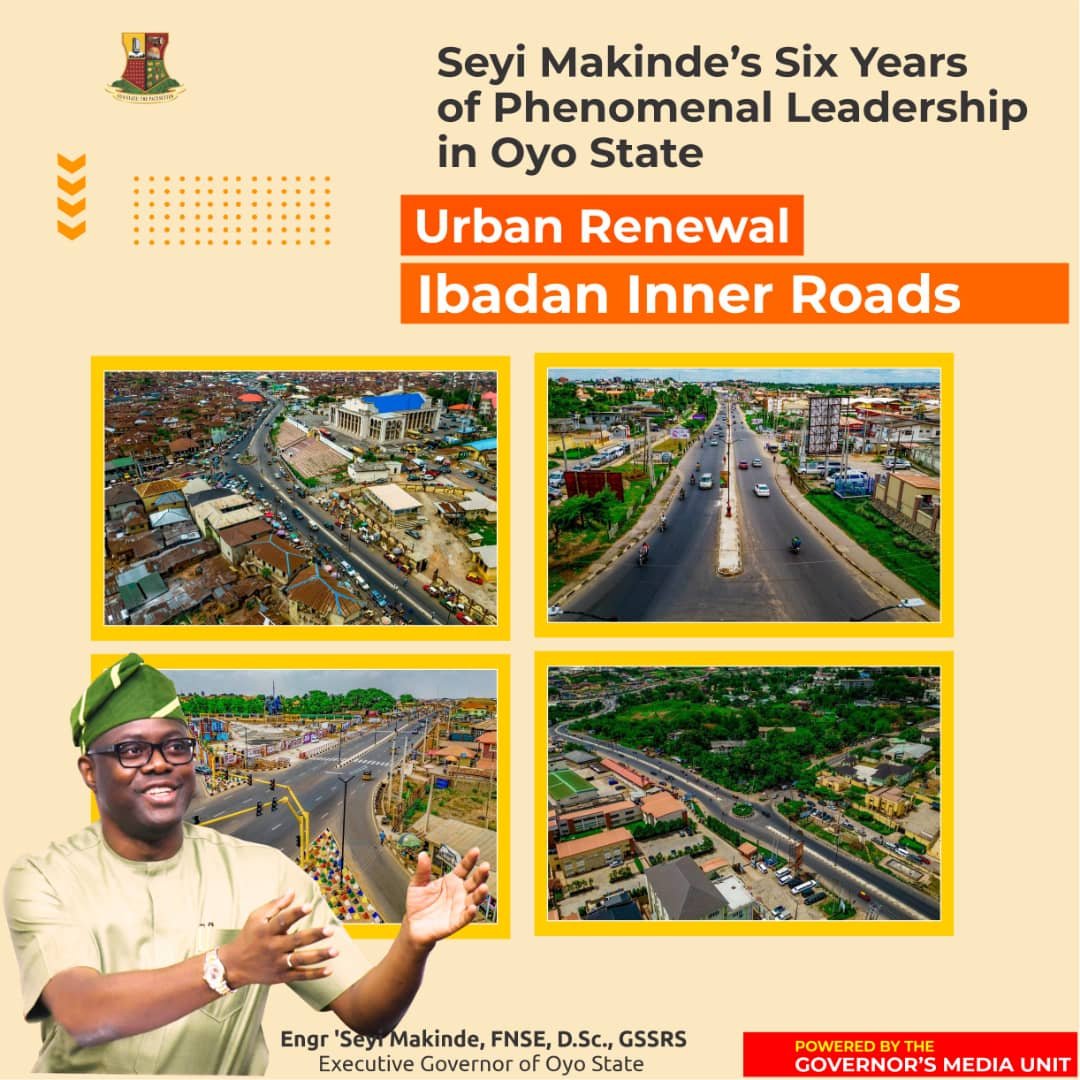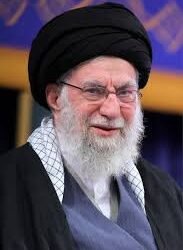President Bola Tinubu, on Monday, praised the Economic and Financial Crimes Commission’s strides in anti-graft fight, saying the agency secured 700 convictions and recovered N500bn fraud proceeds in two years.
Speaking through Vice President Kashim Shettima at the opening of the 7th EFCC-NJI Capacity Building Workshop for Justices and Judges on Monday in Abuja, Tinubu said his administration remained committed to empowering anti-graft agencies to deliver tangible results, citing the EFCC’s performance as a clear example.
According to a statement by the EFCC spokesman, Dele Oyewale, Tinubu said the Commission had recorded over 7,000 convictions in the first two years of his administration and recovered assets worth more than N500bn.
“The EFCC, for example, has recorded over 7,000 convictions in the first two years of the present administration and recovered assets in excess of N500bn.
”Recovered proceeds of crime by the agency have been ploughed back into the economy to fund critical social investment programmes, including the Students Loan and Consumer Credit schemes,” he was quoted as saying.
The President said the government’s anti-corruption drive would only succeed if all arms of government worked in synergy, stressing that judges play an indispensable role in ensuring accountability and public trust in the justice system.
”A Nigeria free of corruption is possible if we all commit to doing what is right in our respective spheres of influence,” Tinubu said. “A robust judicial system is central to the success of anti-corruption efforts, and I count on our judges.”
Tinubu emphasised that the executive, legislature, and judiciary must lead by example, warning that the fight against corruption would lose credibility if public officials failed to uphold integrity.
“We cannot claim to have excelled in our pursuit of a transparent system if we do not live by such examples,” he said. “Courts and judges are strong pillars of the anti-corruption process. Your vantage position on the bench does not insulate you from the consequences of corruption.”
The President noted that corruption undermines national development and fuels insecurity, urging all Nigerians to unite in confronting it.
“There are no special roads, hospitals, or communities for judges. We all face the same risks that arise from decades of willful theft and wastage of our nation’s resources,” he said. “It is in the interest of all Nigerians to join hands in fighting and winning this war.”
Earlier, the EFCC Chairman, Ola Olukoyede, raised alarm over the persistent delays and procedural setbacks plaguing high-profile corruption cases in Nigerian courts, warning that they have cast a shadow over the agency’s achievements.
Olukoyede said that although the EFCC had made significant progress in tackling corruption, public confidence in the judicial process continued to wane due to the slow pace of politically sensitive trials.
“The milestones we have recorded in the past two years are almost overshadowed by public concern over the progress of high-profile cases in court. The seeming convoluted trajectory of many cases involving politically exposed persons evokes gasps of exasperation, incredulity, and sometimes disdain by the people.
”Without mentioning specific cases and courts, there are cases filed by the commission 15 or 20 years ago that appear in limbo, moving in circles,” he said.
Olukoyede described a recurring pattern in which defendants in corruption cases—especially politically exposed persons—exploit legal loopholes to delay proceedings.
”We appear to have grown accustomed to a predictable pattern in high-profile prosecutions: When investigations are concluded, getting politically exposed persons to appear in court to answer to charges is a Herculean task. When that hurdle is overcome and the charge is read, other antics unfurl.
”It is either the charges are not properly served, or the defendant who hitherto was fit as a fiddle suddenly comes down with some of the most chronic ailments under the sun. A medical report is brandished and technical adjournment procured,” he said.
The EFCC boss warned that the “weaponisation of procedure” and the prioritisation of technicalities over justice have serious consequences for the integrity of the judiciary.

